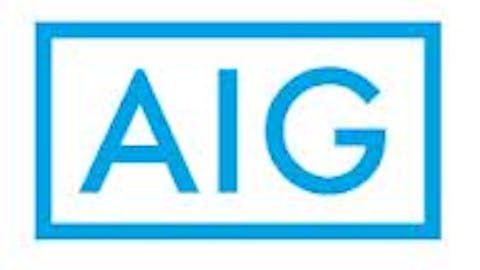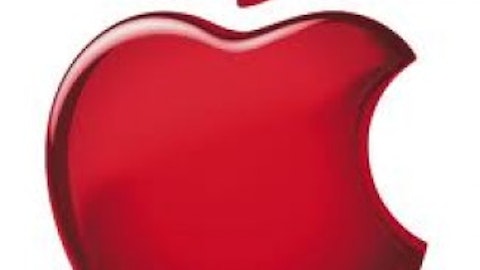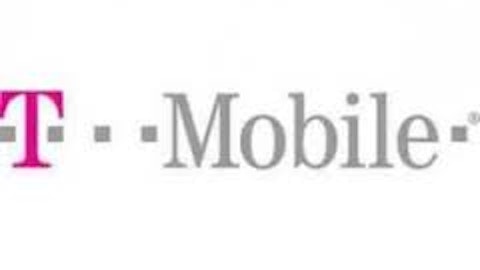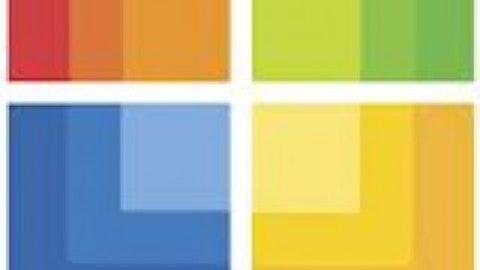When most people think of video game consoles, wearable tech and smartphones, they probably won’t think of the healthcare industry. Yet Microsoft Corporation (NASDAQ:MSFT)’s Kinect, Google Inc (NASDAQ:GOOG) Glass and modern smartphones are all becoming increasingly useful to doctors worldwide. How have these new technologies altered patient care, medical training and self-diagnosis?
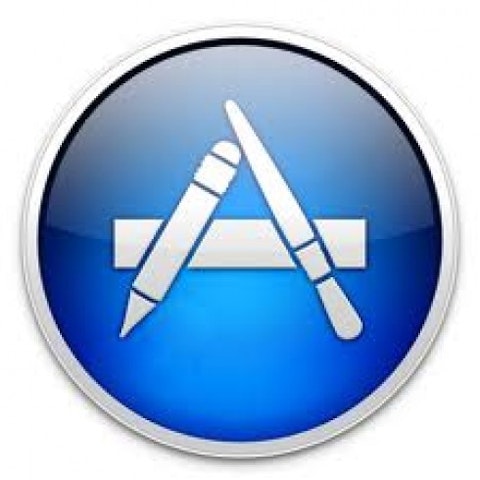
Microsoft Corporation (NASDAQ:MSFT)’s Kinect connects patients to the cloud
When Microsoft Corporation (NASDAQ:MSFT) released the Kinect in 2010, it was a revolutionary answer to Nintendo Co., Ltd (ADR) (OTCMKTS:NTDOY)’s best-selling Wii — motion control games played without a controller. By using a webcam and 3D motion capture technology, the Kinect synchronizes a player to an in-game avatar.
Although the system was built for casual gaming, companies in other industries recognized the impressive potential of Kinect. One such company was Accenture Plc (NYSE:ACN), which specializes in management consulting, tech and outsourcing services. Back in 2000, Accenture founded a joint venture with Microsoft Corporation (NASDAQ:MSFT), Avanade Inc., to provide IT to medium to large companies.
Avanade introduced the Kinect to healthcare providers, showing that the device’s 3D tracking of body motions was an ideal tool for data collection. The Kinect could also instruct patients to perform certain physical movements to aid the diagnosis of common medical conditions without the presence of a doctor.
The Kinect can also access electronic health records stored in the cloud via Microsoft Corporation (NASDAQ:MSFT)’s HealthVault platform, which optimizes treatments for each patient. Doctors can even use a combination of Kinect technology and cloud-based clinical records to treat patients in remote locations thousands of miles away.
The adoption of this system, known as Virtual Healthcare, is still in the very early stages, but a study by the International Journal of Electronic Finance
claims that it could eventually save up to $30 billion in U.S. healthcare costs by “teleporting” doctors to patients in remote locations.
Google Inc (NASDAQ:GOOG) Glass could revolutionize medical education
The cloud-connected features of Google Inc (NASDAQ:GOOG) Glass can also significantly enhance how medical students are educated in the future. Rafael Grossmann, MD, FACS recently performed a gastronomic surgery while wearing Google Glass, using Google Inc (NASDAQ:GOOG) Hangout to stream a live video of the procedure to an iPad.
Grossman also performed another experiment in which a high-tech medical simulator mannequin was wirelessly connected to a laptop, which could set up a variety of clinical variables. Grossman demonstrated that a surgeon working on the mannequin could stream the video to the students, making it easier to learn step-by-step procedures. He also demonstrated that the surgeon could use Glass to remotely request advice from other experts, who could use the streaming video to assess the situation.
However, Google Inc (NASDAQ:GOOG) Glass’ potential in healthcare can’t be fully realized until we consider the medical apps that can be installed on the platform – and it’s there where Google Inc (NASDAQ:GOOG) might run into some interference.
The booming field of medical apps
When people first started getting fully wired into the Internet, they started using self-diagnosis sites like WebMD Health Corp. (NASDAQ:WBMD) to better understand their medical conditions. Yet doctors warned that using self-diagnosis tools online should never be considered a substitute for a visit to a real physician.
Today, we face a similar problem. Millions of mobile apps are downloaded on a daily basis, due to the soaring popularity of smartphones and tablets. Although most apps are used for entertainment, social connections or news, there’s an increasing number of medical apps hitting the market. Users can now download apps to detect ear infections, search for tumors, and monitor heart rates.
However, critics have called for tighter regulation of these apps, since they could cause misleading diagnoses. In response, the FDA intends to introduce new health app regulations by October 1, which would require higher-risk apps, such as those that allow smartphones to take blood glucose readings, to be approved before being made available to the public.
